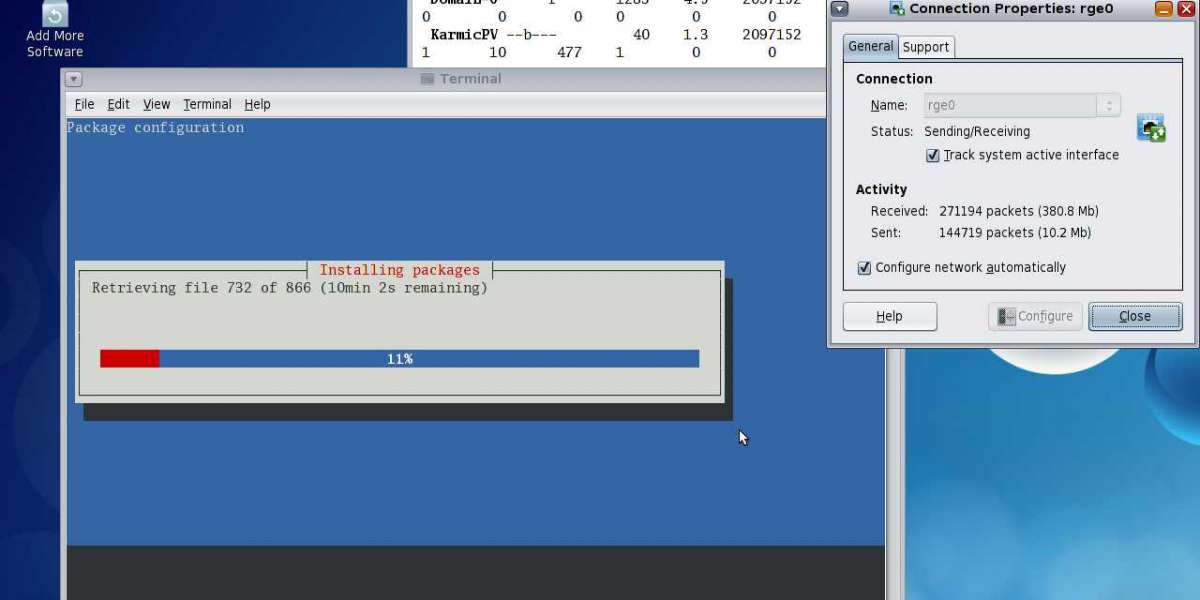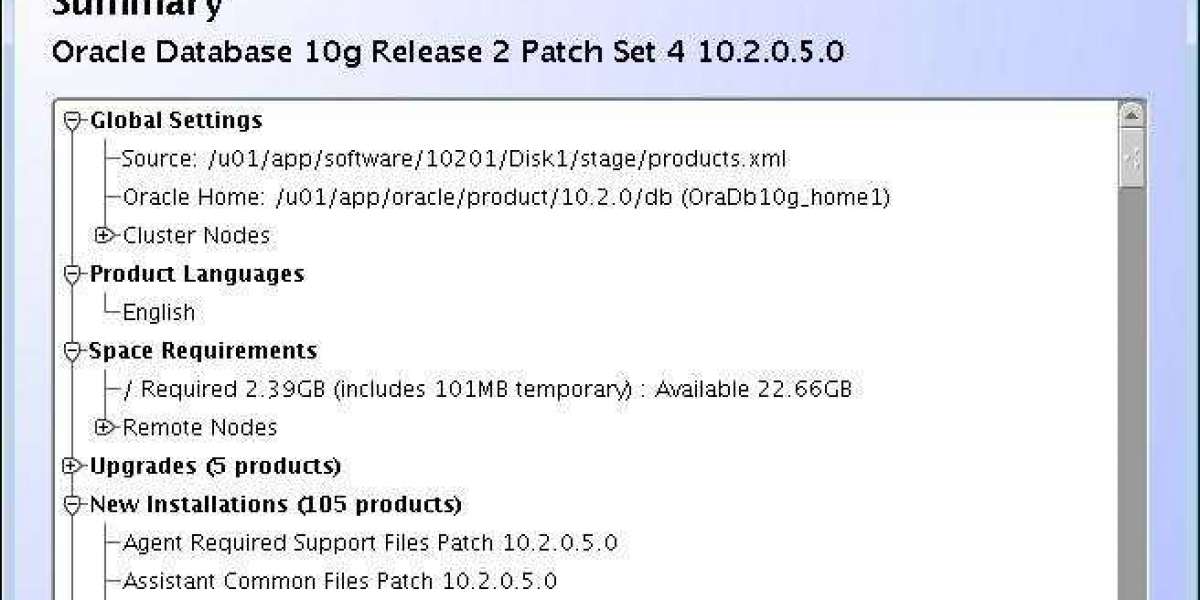Post Detoxification is a process that takes planning, preparation, and discipline. You need to plan meals, purchase groceries, and hide temptations. It is very important that you plan accordingly, so that you don't overdo it later. While detoxification can be difficult, it can be a rebirth for your body and mind.
Treatment options
There are a variety of post-detox treatment options. Inpatient rehabilitation, therapy, and community-based programs can help those struggling with addiction recover from their addiction. These programs typically involve counseling sessions once or twice a week and a reward system based on drug screens. The main goal of these programs is to help individuals find lasting sobriety.
These post-detox treatment options can range from outpatient programs to residential programs. Residential programs require a person to live on-site and participate in educational programming and group counseling. Outpatient programs are typically less intense than inpatient programs and allow for more flexibility in scheduling. Outpatient programs offer more support and may be a better fit for individuals who are accustomed to a normal routine.
Detoxification is an essential part of the recovery process for those who have become addicted to alcohol or drugs. Depending on the substance, the detoxification process can be lengthy and difficult. Medications are used to ease withdrawal symptoms.
Symptoms
There are a number of symptoms that your body may exhibit during detoxification. Some of these symptoms may be mild, and others may be serious and require medical attention. Generally, these symptoms occur during the first week of detoxification and are a normal part of the process. However, if your symptoms persist for a long time, you may need to consult a physician.
Fortunately, modern medical technology has provided drugs that can help you cope with the uncomfortable symptoms. These medications can help to manage withdrawal symptoms, but they are not addictive and should only be taken under the supervision of a trained medical professional. This way, you can be sure that you'll be kept as comfortable as possible while you're in detox.
During the first few days of detoxification, you'll probably feel extremely tired and low. You'll want to avoid caffeine and energy drinks, as they increase your toxic load. Getting plenty of rest and sleep is crucial to reducing detoxification symptoms. Also, make sure to drink at least two litres of water each day. These two simple steps can help your body eliminate toxins and restore its equilibrium.
Linkage to treatment
Linkage to treatment after detoxification is crucial for the successful treatment of people who have an addiction to drugs or alcohol. Addictions can take anywhere from seven to 10 years to recover from. During this time, a coordinated care approach is vital to reduce morbidity and mortality. In addition, linkage services can increase retention in OAT.
Prior to linkage, clients at inpatient or crisis respite will undergo a comprehensive assessment of their needs and determine whether they are eligible for treatment. They will be scheduled for an Adult Addictions Intake Appointment the following day and referred to an Orientation Group, if appropriate. If an intake appointment is missed, staff will contact the client and schedule another one. During the intake, episodes will be reviewed and prescriber appointments will be made.








